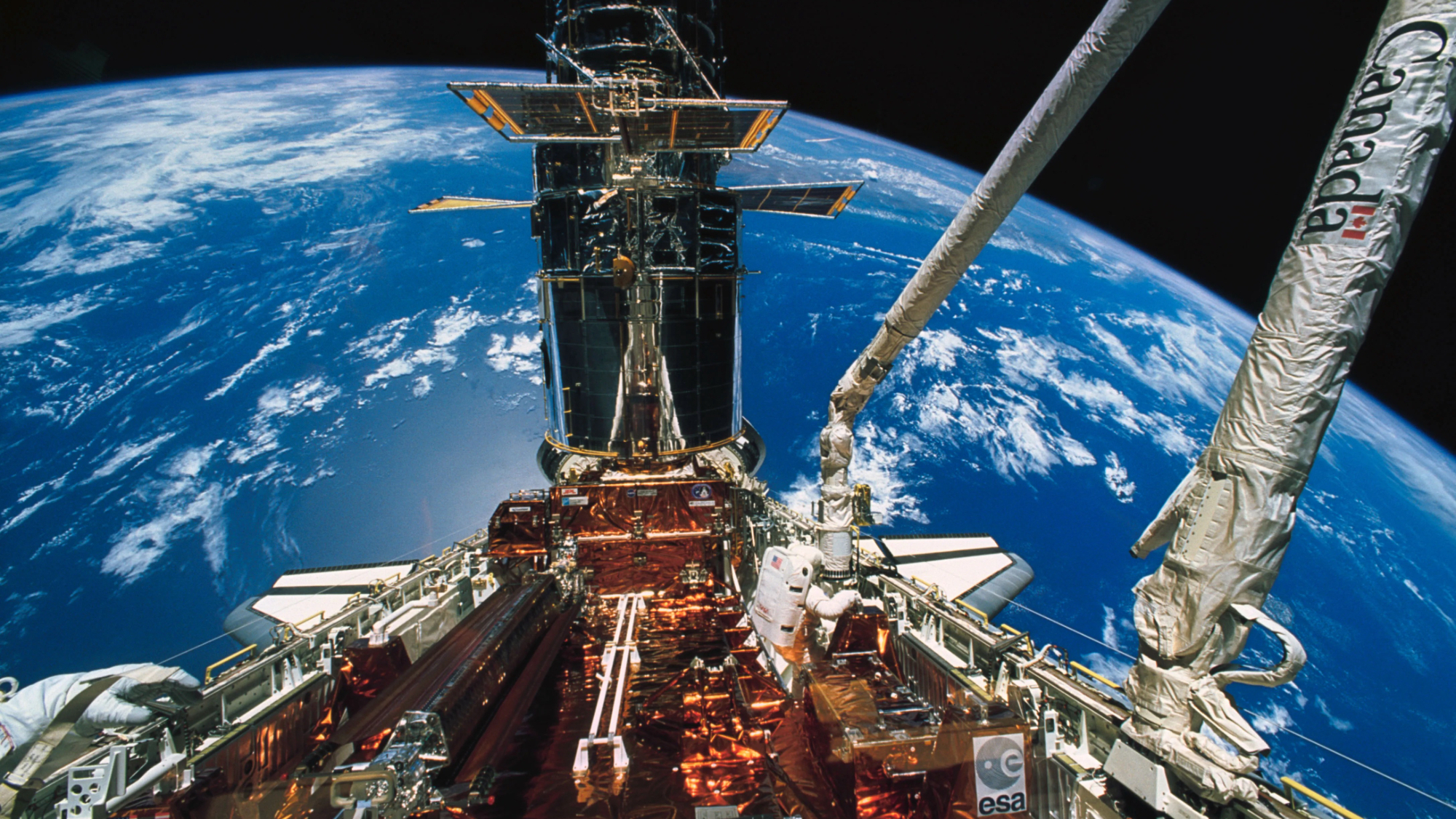Astronomy
Latest about Astronomy
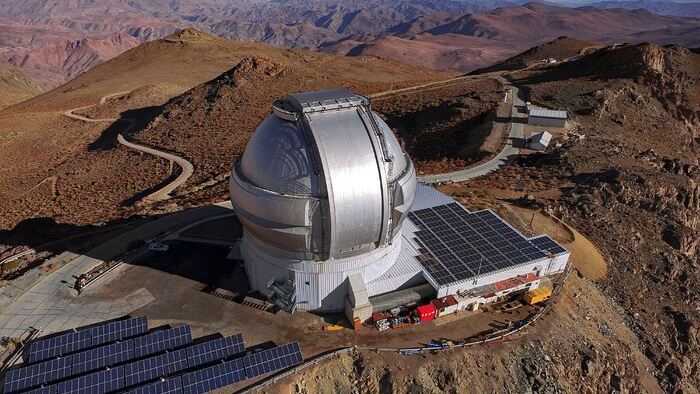
Gemini South Telescope in Chile to run solely on clean energy by 2027
By Sharmila Kuthunur published
NOIRLab says it's on track to halve its planet-warming emissions by the end of 2027.
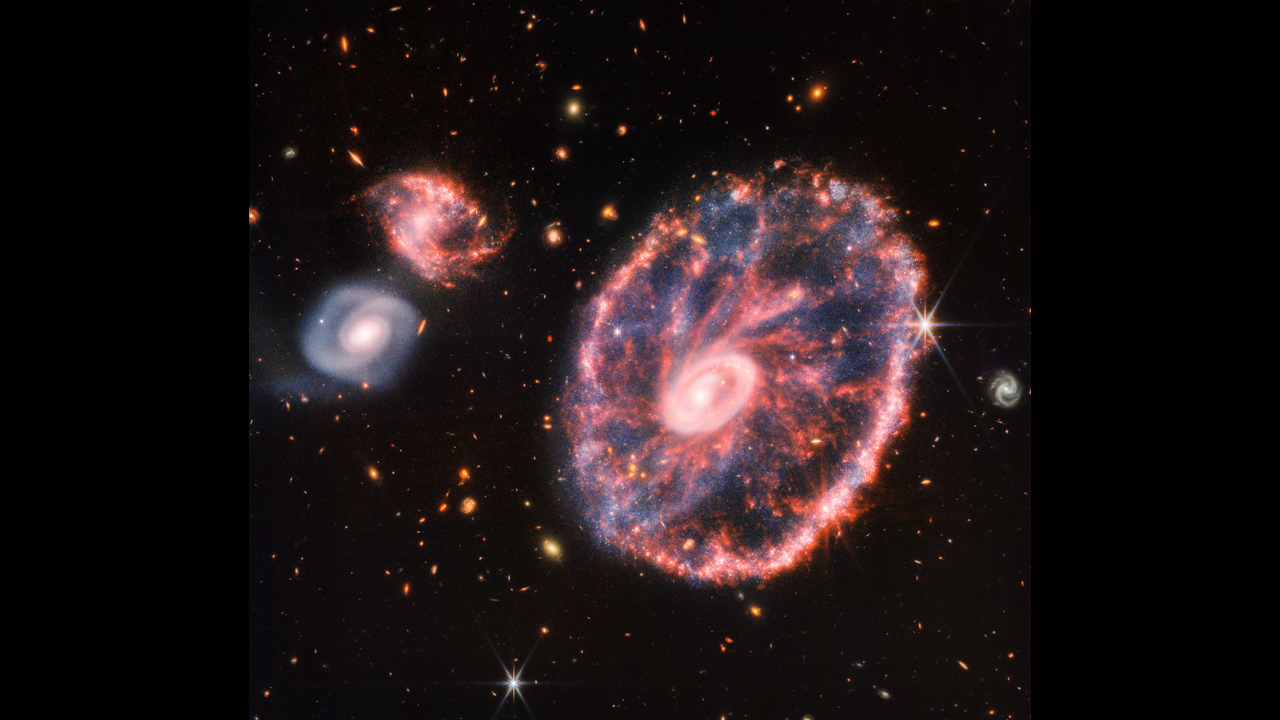
Data science helps cross-check space discoveries 'across time and telescopes'
By Elizabeth Fernandez published
It’s not always easy to match objects from various telescopic surveys. A new method can change this, allowing objects to be matched in up to 100 different surveys.
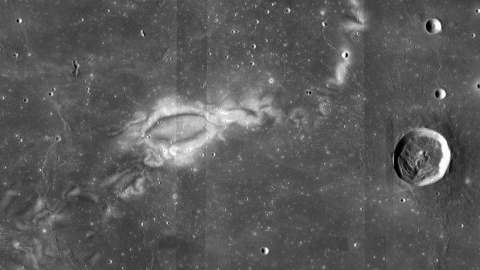
'Lunar swirls' have confused scientists for years. New NASA moon data might clear things up
By Robert Lea published
"Finding a relationship with topography in one swirl location could just be a fluke, but finding it in two vastly separate swirl regions is harder to ignore."

What did ancient humans know about astronomy?
By Paul Sutter published
Humanity's ability to track and monitor celestial cycles stretches back into prehistory, long before the invention of telescopes and astrolabes.
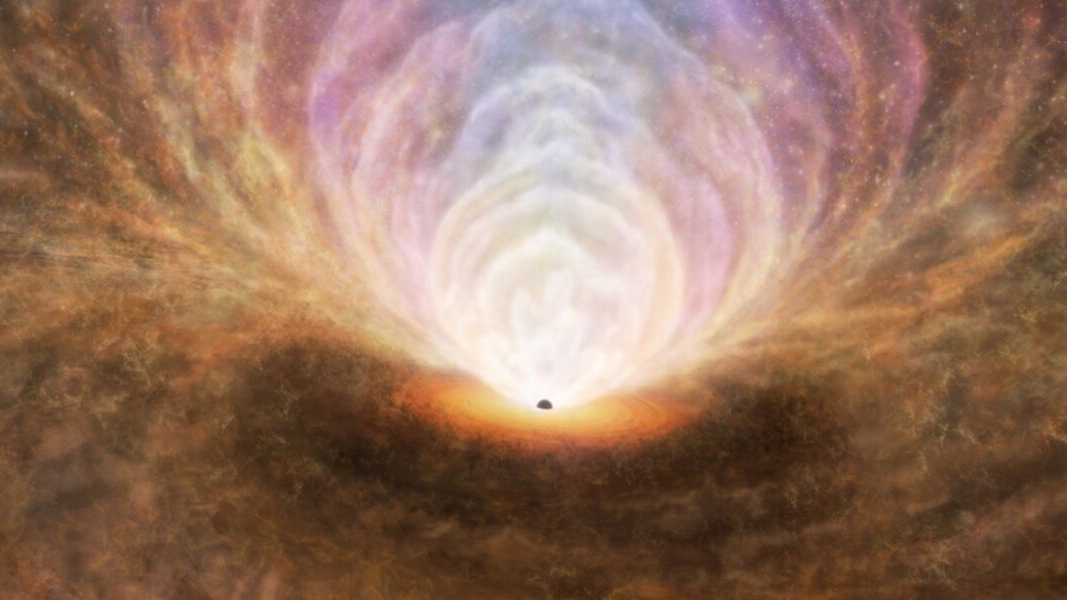
Supermassive black holes are messy eaters big on recycling
By Robert Lea published
These observations could hint at how the cosmic titans grow to hold the immense masses we calculate.
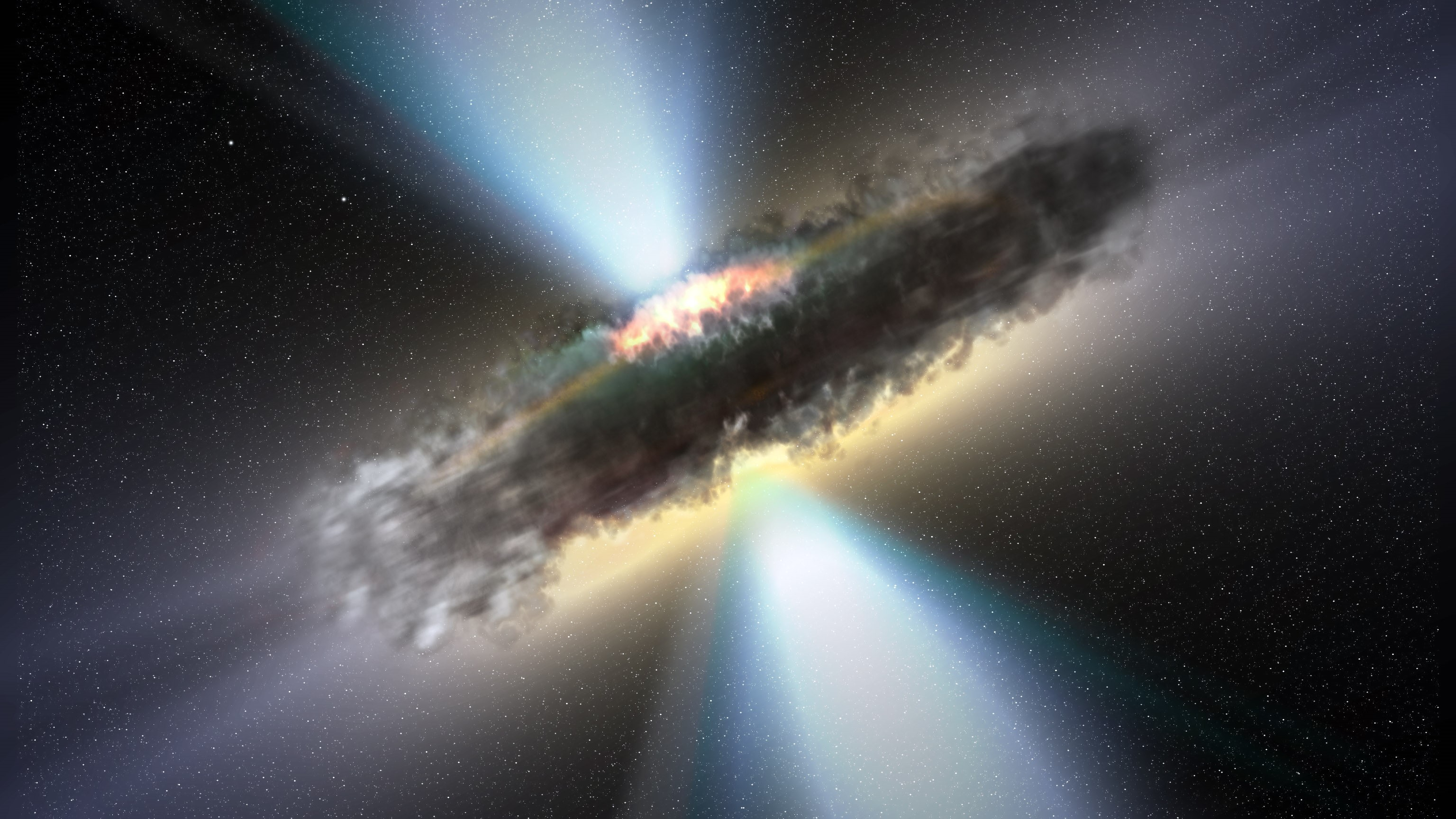
Star-birthing galaxies can hide supermassive black holes behind walls of dust
By Robert Lea published
Feeding supermassive black holes, hosting objects that power quasars blasting out the most powerful light in the universe, could hide in galaxies behind thick clouds of dust.
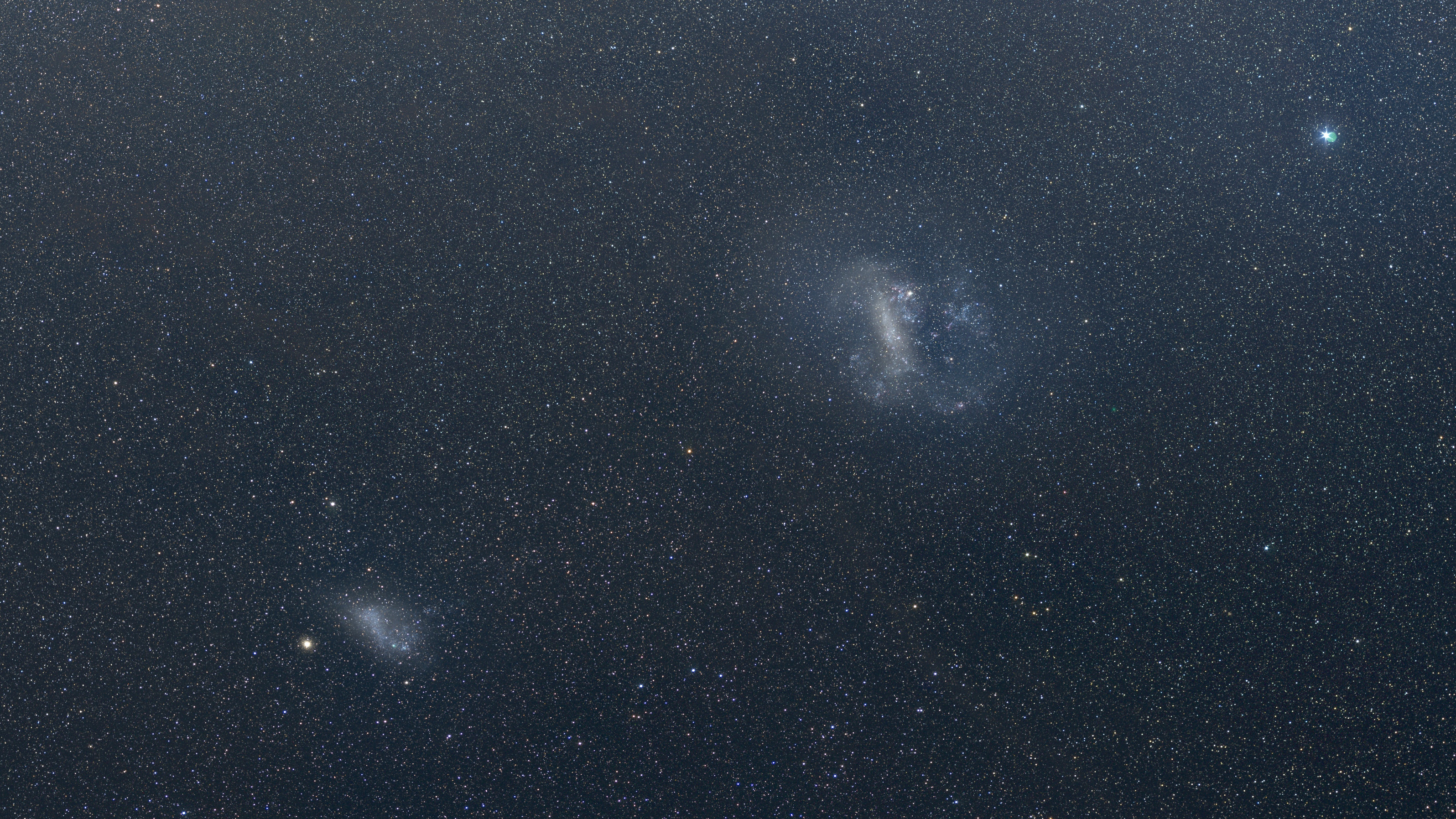
The Magellanic Clouds must be renamed, astronomers say
By Monisha Ravisetti published
A coalition of over 50 astronomers is calling to rename the Large and Small Magellanic Clouds.
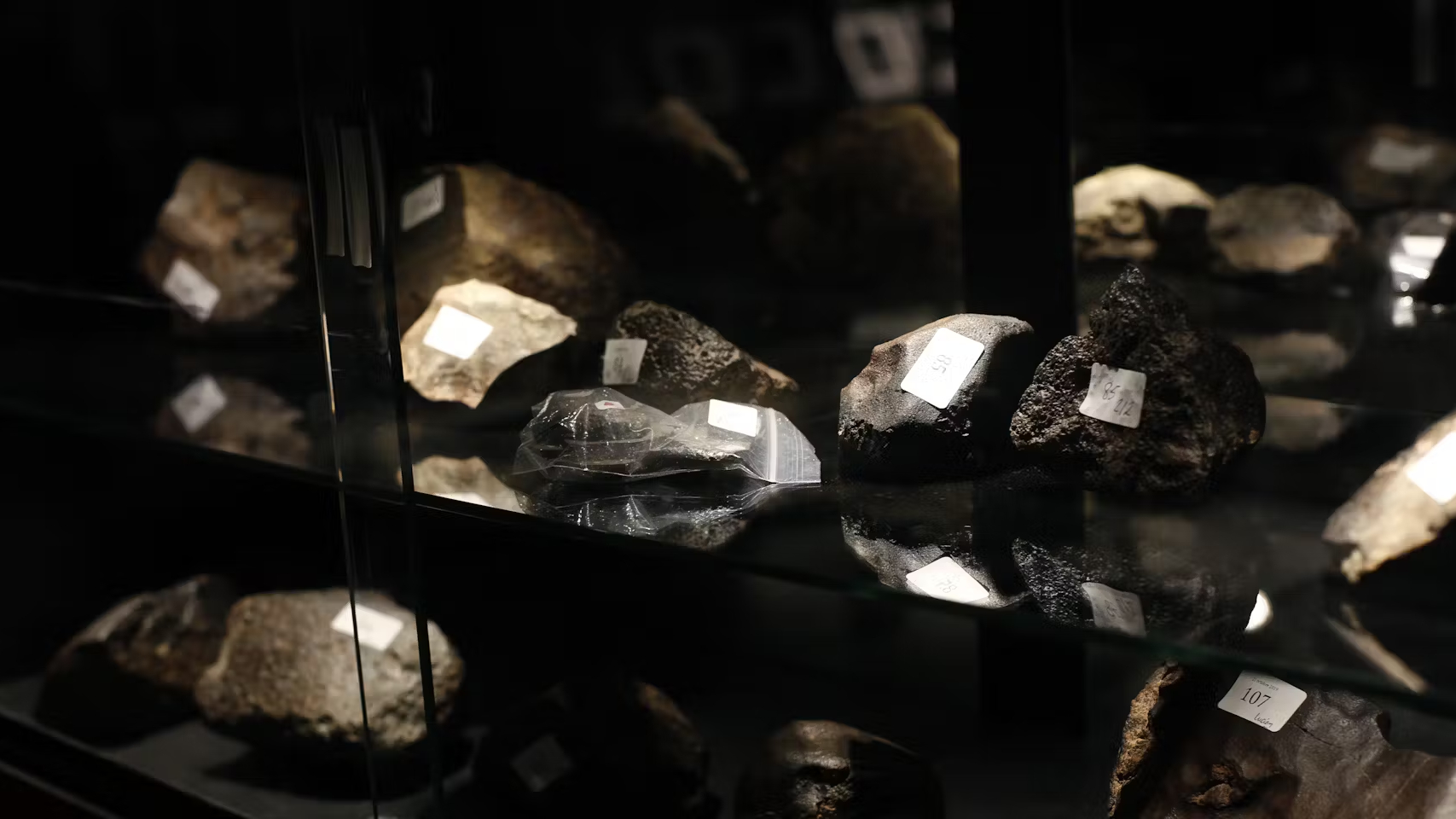
Space rocks and asteroid dust are pricey, but these aren’t the most expensive materials used in science
By Chris Impey published
I use moon and Mars rocks in my teaching and have a modest collection of meteorites. I marvel at the fact that I can hold in my hand something that is billions of years old from billions of miles away.
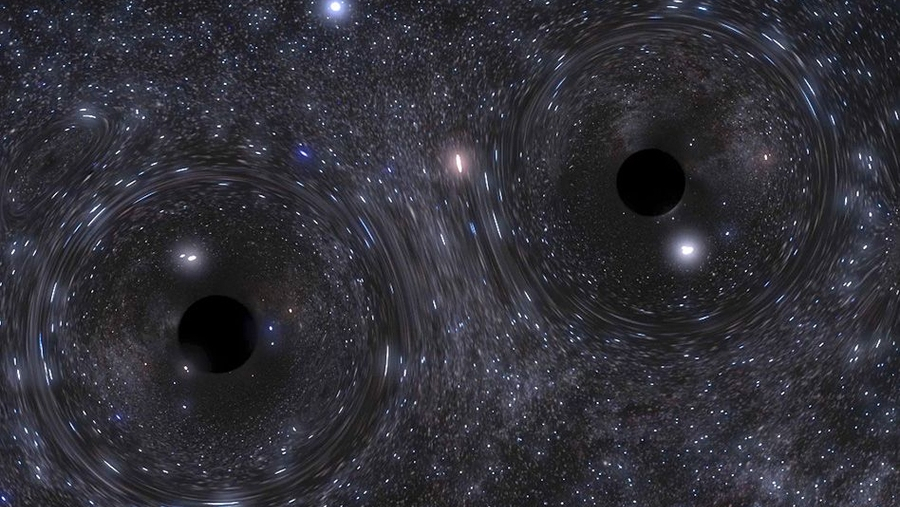
Dark energy may allow black holes to live in 'perfect pair' binaries
By Robert Lea published
Binary black holes are believed to inevitably spiral together, but dark energy and the expanding universe could help them maintain a safe distance and mimic a single black hole.
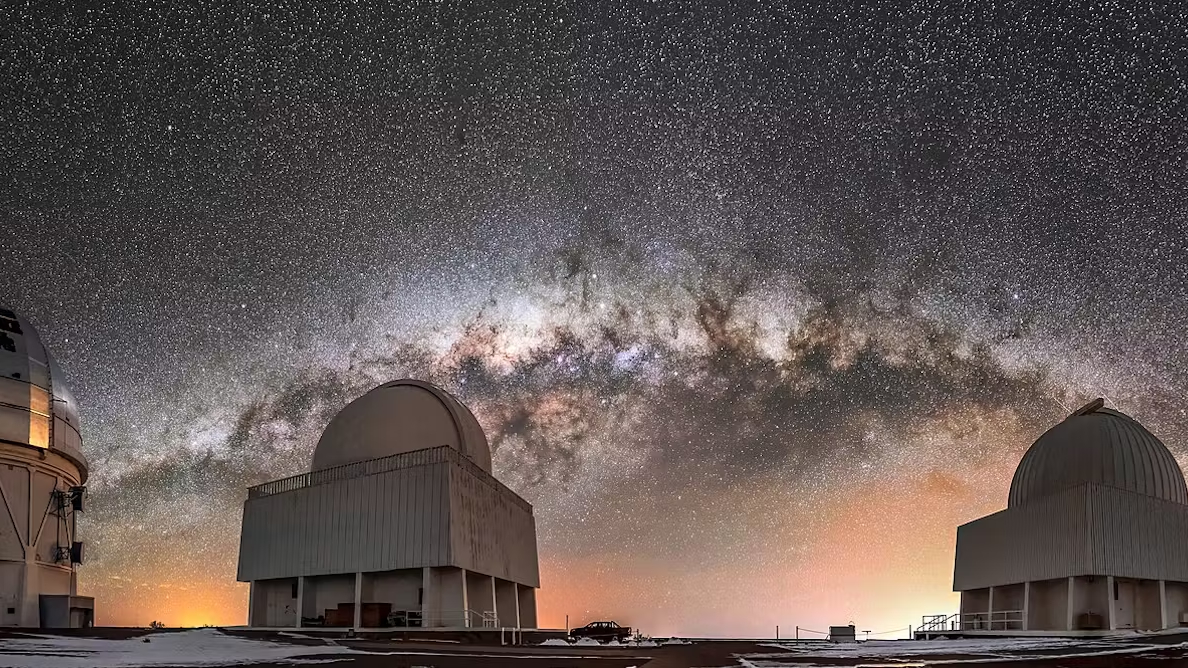
Astronomers have learned lots about the universe − but how do they study astronomical objects too distant to visit?
By Luke Keller published
What astronomers can measure using telescopes is not what we really want to know – instead, we calculate the properties we're interested in studying by observing and interpreting apparent properties from afar.
Get the Space.com Newsletter
Breaking space news, the latest updates on rocket launches, skywatching events and more!
